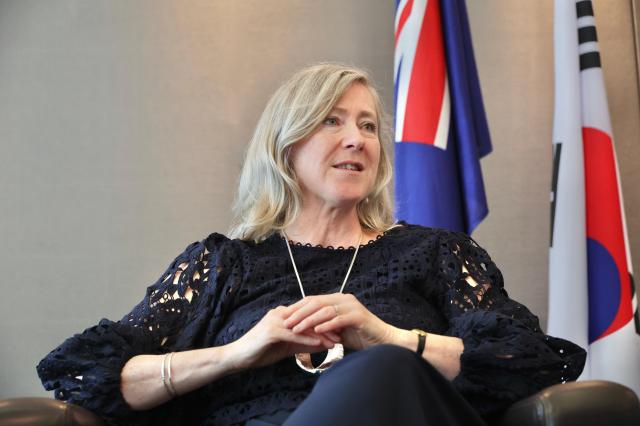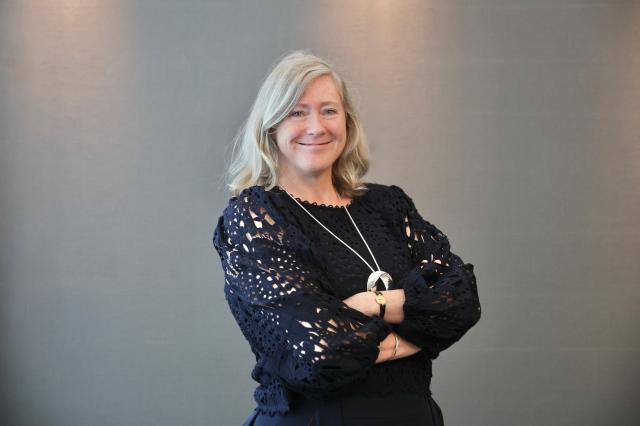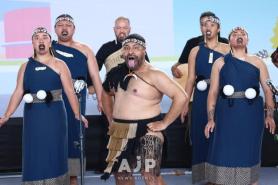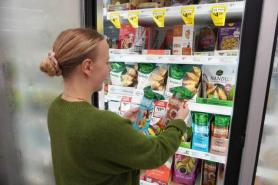
"There is a great opportunity for New Zealand and South Korea to work more closely together in the clean tech space, including renewable energy," she said. "It's an area where we see growing demand globally, and both countries have complementary strengths."
Trade continues to be a core pillar of the relationship. "This year marks ten years since the Korea–New Zealand Free Trade Agreement came into effect, and we've seen real benefits on both sides," she said. "We now have kiwi fruit being grown in both countries. Jeju Island is growing a New Zealand variety, and at the same time, Korean mandarins are being exported to New Zealand. That kind of exchange reflects the complementarity and trust in our trading relationship."
"South Korea is New Zealand's fifth-largest trading partner. We have a complementary trade relationship. We export a lot of food and beverages to South Korea, and we import high-quality technology and cars."
She reiterated that clean tech and emerging industries hold particular promise. "There is increasing interest in expanding cooperation on emerging industries, including clean tech, which I mentioned earlier."
She noted that both countries are investing heavily in innovation to meet future challenges. "South Korea is a leader in advanced manufacturing and digital technology, and New Zealand brings strengths in sustainable agriculture, renewable energy and green innovation," she said. "By combining our expertise, we can help develop solutions that benefit not just our two countries, but the wider region as well."
Bennet also pointed to the importance of collaboration at both the public and private levels. She said regular exchanges, joint research initiatives and partnerships between startups could help accelerate progress in areas such as energy transition, low-carbon transport and sustainable food production.

That history, she noted, laid the foundation for a strong and wide-ranging partnership. "It's a very strong and deep relationship. We have good connections across education, tourism, culture, business and even defense."
One unexpected but lasting cultural connection emerged from the war as well. A traditional Māori love song called Pokarekare Ana, sung by New Zealand soldiers during their deployment, was picked up by South Korean troops and transformed into the Korean folk ballad "Yeon-ga" ("Love Song"). Today, the tune remains widely known and beloved in South Korea, reflecting a deep emotional link that outlived the battlefield.
Bennet also spoke of growing ties on the people-to-people level. "We have a growing Korean community in New Zealand. Also, Korean tourists are very important for us, and the Korean language is even being taught in some of our schools now."
She described South Korea as a key partner in the Indo-Pacific region, citing shared democratic values and common interests. "New Zealand is part of the Indo-Pacific region and South Korea is a very important partner for us in the region. We share democratic values and a commitment to regional stability and prosperity."
"We work together on issues such as climate change, non-proliferation and economic resilience," she added. "Those are very important issues for both of us."
While New Zealand and South Korea are not military allies, the ambassador pointed out that defense and security cooperation remains active. "We don't have a military alliance with South Korea, but we do engage in defense exchanges and dialogue. We also participate in regional forums and support UN sanctions enforcement on North Korea."
In education, South Korea remains a major partner. "We have a strong interest from Korean students in studying in New Zealand. We continue to focus on cooperation in education and youth mobility."
Cultural exchanges are also an important aspect of the relationship. "We promote New Zealand through our films, food and Maori cultural events. Cultural exchange is a great way to build mutual understanding."
"I feel very honored to serve in South Korea. I really enjoy Korean food and culture, and I am very grateful for the warm hospitality of the Korean people," she said.
Copyright ⓒ Aju Press All rights reserved.




